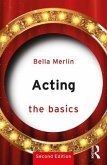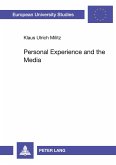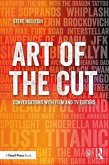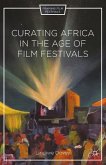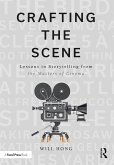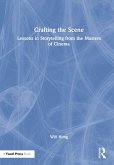This book seeks to analyse the work of the German Bertolt Brecht in the cinematographic field - in which he acted in various roles - considering the experiences of these works, through the film analysis in How the Worker Lives (Germany, 1930), as it portrays a peculiar period in his vast oeuvre. In this work, Brecht's arrival at the cinema is seen as the synthesis of a trajectory that has as its prelude his poetic and theatrical work. The research seeks to analyse and critically reflect on Brecht's film works, from the expressive 1920s to the troubled 1930s, from the perspectives of language, aesthetics and ideas linked to a revolutionary process. The experience and the aesthetic and political dimension of Brechtian thought are connected to the militant and avant-garde cinema of the Weimar Republic and its matrix in Soviet cinema, from which essential elements for the success of film productions were recovered, in the writing and editing stages. The theoretical formulations of the great thinker Walter Benjamin make an essential contribution to an accurate understanding of this important phase - Brecht's experience in cinema.
Bitte wählen Sie Ihr Anliegen aus.
Rechnungen
Retourenschein anfordern
Bestellstatus
Storno


